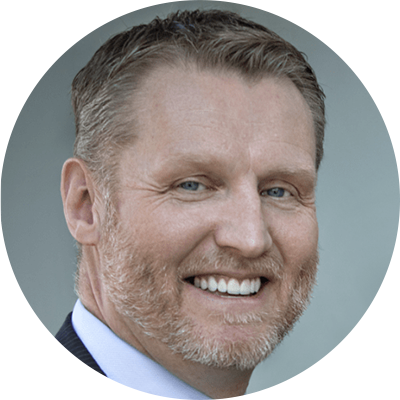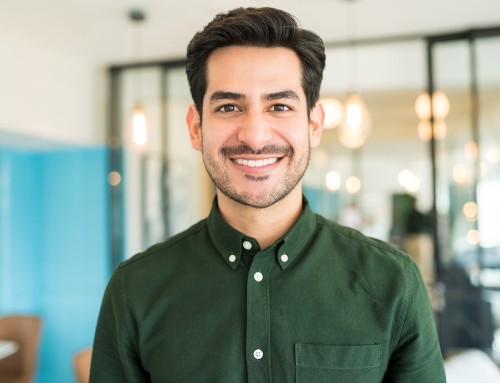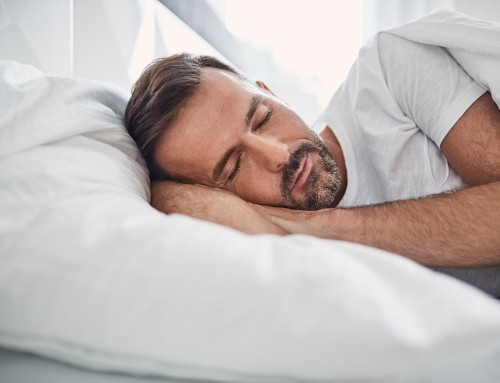How many times have you said to yourself:
- “I just need a good night’s sleep, and I’ll feel so much better.”
- “Why can’t I just fall asleep like a normal person?”
- “Why am I waking up every couple of hours and feeling so tired the next day?”
- “I’ve tried all the sleep aids; what’s wrong with me?”
You’re not alone. If sleep eludes you, there’s help available at your Anchorage sleep apnea dentist’s office.
Why Can’t We Sleep?
You may think your bad sleep is due to stress, being overtired, your partner’s constant moving around, or the dog investigating strange noises all night. While all of those things may be contributing to your poor sleep, the real culprit may be a serious sleep disorder known as “Obstructive Sleep Apnea” (OSA).
While there are at least three different types of sleep apnea, Obstructive Sleep Apnea is the most common, and it’s the type that Anchorage, Alaska, sleep apnea dentists treat the most often. Millions of people suffer from sleep apnea, and if you’re one of those people, please know that there are sleep apnea treatments available that are much more user-friendly than those of yesteryear.
Couples that Snore Together…
You are probably one of the many people who think that snoring is just an annoying habit that you have to live with. However, there’s a lot more to snoring than meets the ear. Most people think that only men snore. Many women hate to admit they snore because they find it embarrassing. Even though more men than women snore, women still struggle with sleep apnea and snoring, especially after menopause.
Well, as much as you’d like to think your partner is the only snorer in the house, there’s a very good chance that you’re not a silent sleeper either. It’s probably safe to say that if you snore you likely have sleep apnea, and if you have sleep apnea, you’re likely to snore. Even kids can have sleep apnea.
The Physiology of Snoring and Sleep Apnea
People with sleep apnea struggle with sleep because the tissue in the airway becomes so relaxed that it collapses leading to a blockage in the airway. A blocked airway causes a sleeping person to choke and gasp for air—sometimes hundreds of times a night.
Snoring is the sound that’s made when air is being forced through the airway. Imagine the poor quality of sleep you’re getting if your breathing stops for as long as ten seconds all throughout the night. No wonder you’re snoring and coughing throughout the night.
If you have sleep apnea, the next day you may experience:
- Sleepiness
- Fatigue
- Poor concentration
- Memory problems
- Irritability
- Anxiety
- Depression
- Moodiness
- Confusion (brain fog)
Those results of sleep apnea make for a very miserable day. So, you go to bed that night thinking you’ll surely sleep well because you’re barely able to function, yet the same pattern happens again. Another night of poor-quality sleep. Some people suffer from Obstructive Sleep Apnea for years or even decades before seeking help from an Anchorage, Alaska, sleep apnea dentist.
Untreated Sleep Apnea May Seriously Impact Your Health
This is not meant to scare you, but untreated sleep apnea could affect your general health as it could lead to:
- Cardiac issues including high blood pressure
- Diabetes
- Stroke
- Mood disorders
- Libido problems
- Depression
- Anxiety
Sleep apnea must be “officially” diagnosed with a sleep study. In the past, these were performed in medical facilities, but now there are at-home options available. Treatment cannot begin until your sleep apnea is diagnosed.
Your Anchorage, Alaska, sleep apnea dentist will explain that CPAP is no longer the only treatment available for OSA. Advances in sleep apnea treatment have allowed people who’ve struggled with sleep their whole lives to finally get the restful, consistent sleep they need to thrive in their professional and personal lives. You may be an excellent candidate for oral appliance therapy to open your airway and get the best sleep of your life.
Conquer Sleep Apnea in Anchorage, Alaska
Dr. Richard Crosby knows how to treat sleep apnea and has been changing lives in and around Anchorage for many years. Please call (907) 277-1098 to schedule an appointment, or fill out our online contact form so one of our team members can reach out to help.





